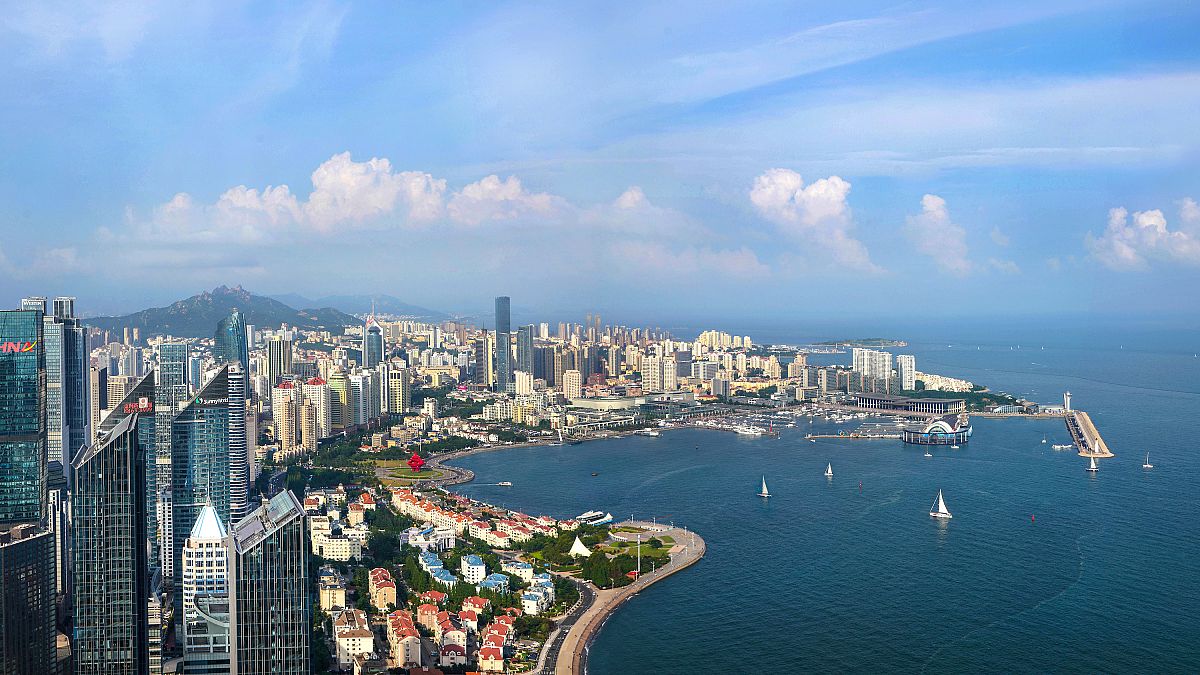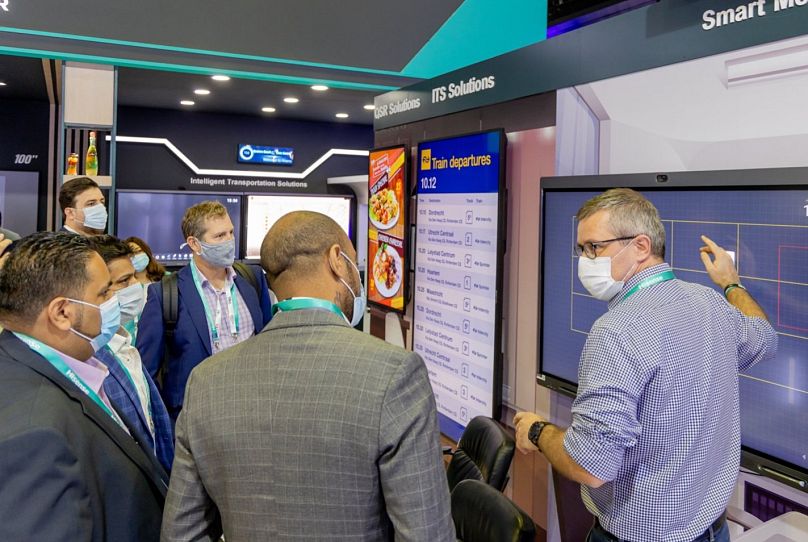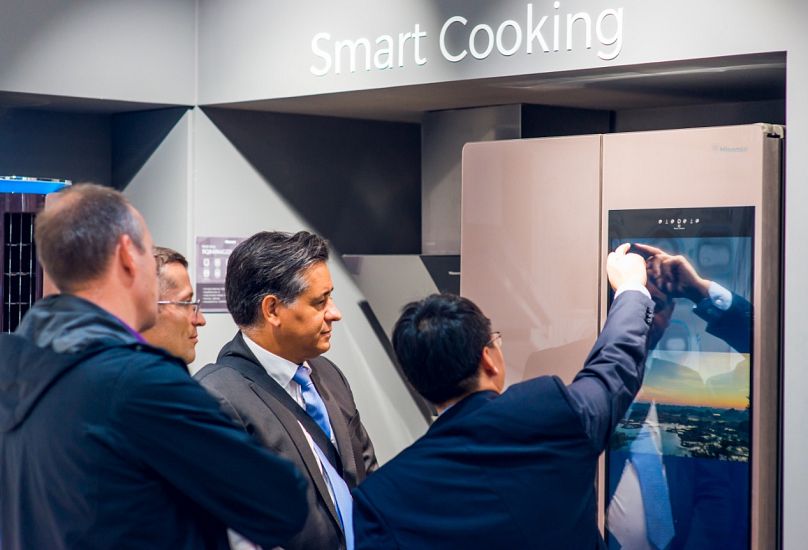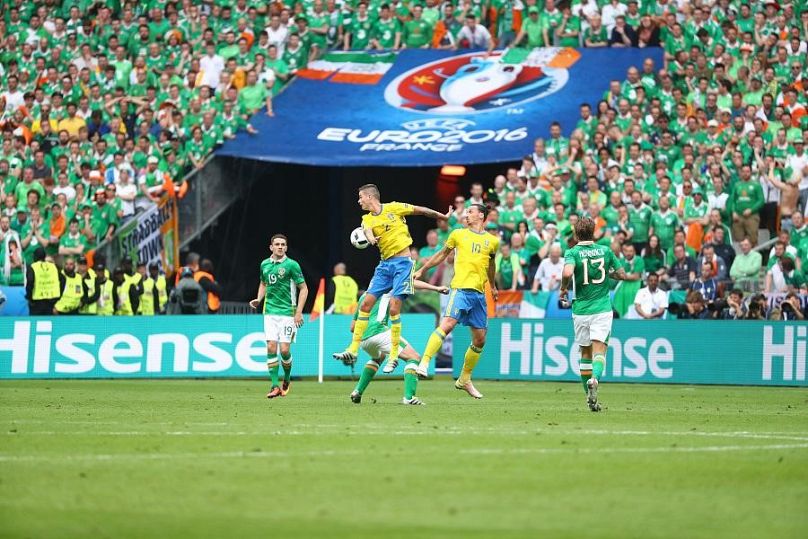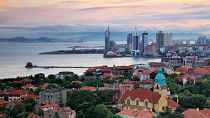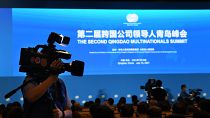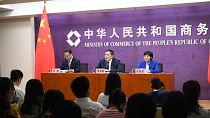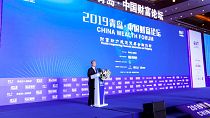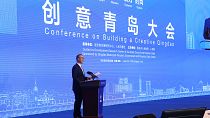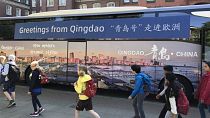Central pillars of the company's international expansion include localised market research and increasing brand awareness.
From humble beginnings as a radio manufacturing company in the city of Qingdao, on China's east coast, Hisense has grown to become a key player, employing more than 80,000 people worldwide and specialising in a range of electrical appliances and white goods.
Known in the early years for its sizeable presence in the TV sector, the company added air-conditioning units, washing machines and other appliances to its range. Over the years Hisense has developed and adapted according to modern demand and now commands a huge share of the market for high-end smart technology related to homes, communities and cities.
At the same time, it has adjusted its model from one that focuses on individual consumers to a model in which it also provides products and services to other businesses.
Looking at consumer needs by region
In tandem with its structural and business growth, Hisense has expanded in a geographical sense, with marketing and R&D centres, as well as manufacturing facilities, springing up around the globe.
In an interview with the media, Zhou Houjian, Chairman of Hisense Group, explained Hisense’s dedication to creating and maintaining a strong presence in Europe and the US. It is his view, he said, that the only way that Hisense can truly become a world-class brand and create world-class products is by exposure to the demands of those markets.
European consumers are particularly sensitive to brand recognition, but the major challenge for multinationals is that the market contains a multitude of different cultural backgrounds and languages. A core strategy of Hisense's European expansion has been to spread resources widely in such a way that allows the company to identify key user considerations at a local level.
Huang Peng, vice president of Hisense UK, illustrated this point by explaining the popularity of freezers in the UK, where the climate makes local produce scarce in the winter months. Fridge-freezers for the British market, therefore, typically have a capacity of half and half.
Similarly, the cold and wet UK climate affects the default speed for washing machine spin cycles. In Britain it is 1,400rpm (in China, for example, the regular speed is between 1,000rpm and 1,200rpm).
Hisense has been working with regional research for over a decade now, tailoring its marketing and production to local needs.
A household name
The name Hisense has long been known to European consumers familiar with its affordable home appliances and through its role as sponsor of sporting events, but a further boost to consolidating awareness of the brand has followed the distribution of Hisense display screens in public spaces.
Locations for these have ranged from Le Parc des Princes (the Paris Saint-Germain FC home stadium); the Paris Saint-Germain FC club shop on the Champs-Elysées, BP petrol stations in the UK; KFC restaurants in Poland; New Jordal Amfi and Norwegian Art Gallery.
In an era where brand awareness is a key driver of sales, Hisense sees this type of ambient marketing as crucial to elevate visibility.
In 2016, Hisense became the first Chinese brand in the history of the tournament to sponsor the UEFA European Football Championship, a role it was asked to repeat in 2020. The company's sports marketing drive also extended to the World Cup, for which it was official sponsor in 2018, and will be again at the 2022 World Cup in Qatar.
Such sponsorship brings about the kind of global recognition that exponentially improves consumer trust and increases the opportunities for further regional growth. As a result of the UEFA Euros 2016 sponsorship, European brands such as Darty – a major electronics retailer in France – were keen to discuss joint business possibilities in the country. Since 2016, Hisense’s proportion of overseas revenue has risen from less than 20% to over 42%.
"The largest overseas commercial display-screen markets are in Europe and the United States, and the eight major European markets. In each of these regions we have set up dedicated teams for business, pre-sales and after-sales," said Luo Yong, deputy general manager of the B2B business development department of Hisense International Marketing Company.
From January to October 2021, overseas sales of Hisense commercial display products increased by more than 240% compared with the same period in 2020.
With this sort of overseas recognition, Hisense can focus on seizing industry development opportunities, not only for the growth of its own business, but in order to transform and upgrade the industry generally, something that is seen as the foundation of the company's vision and competitive edge.
